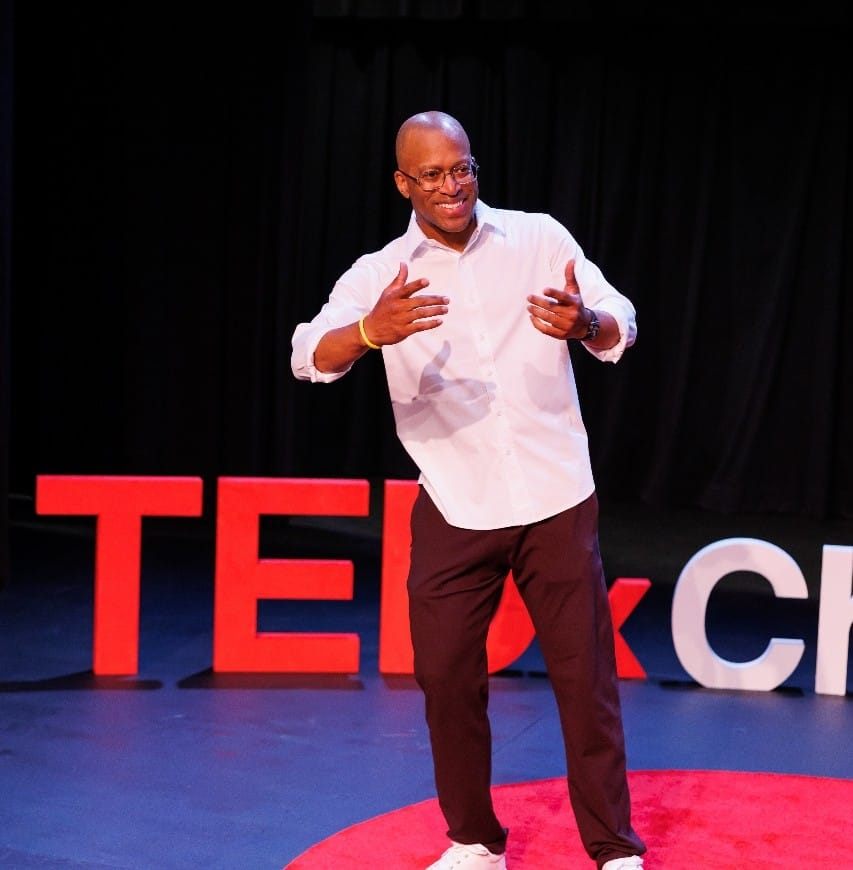In a world that has undergone a transformative somersault over the past few years, the concept of work has evolved from the comfort of pajamas to the intricate dance of navigating a new hybrid workplace. Nick Shelton, an International Speaker and the author of the best-selling book “An Introvert’s Guide to World Domination,” has emerged as a beacon for executives seeking not only to adapt to this new normal but to thrive within it.
Over the span of two decades, Nick Shelton has meticulously honed the art of crafting effective, high-level social strategy and networking. In a recent interview, he unveiled a formula engineered to incite change and drive real-world outcomes, recognizing the pressing need for today’s executives to seamlessly navigate the challenges of the hybrid transition.
Shelton identified several crucial problem areas that demand attention in this evolving landscape. Social anxiety, a byproduct of extended periods of remote work, has made face-to-face interactions overwhelming for some. Relationship building, a cornerstone of professional development, now requires strategies that transcend virtual meetings and emails to foster genuine collaboration, innovation, and lasting partnerships. Moreover, maintaining a healthy work-life balance has become more critical than ever, with the increasing demand for high performance without burning out employees.
“I’ve done the research and figured out how we can get increased employee engagement,” Shelton declared. His comprehensive approach aims to make teams more actively involved and enthusiastic about their work. The key components include enhancing collaboration to increase the frequency of innovative ideas and promote more productive teamwork, coupled with efforts to improve employee well-being to lower turnover rates and increase overall job satisfaction. According to Shelton, these elements combined yield measurable productivity gains.
The techniques presented by Nick Shelton are not theoretical abstractions but pragmatic strategies that can be implemented immediately. His assurance that those who adopt this blueprint will gain a clear competitive advantage in the marketplace underscores the urgency and effectiveness of his approach.
The first challenge Shelton addresses is social anxiety. As many individuals have grown accustomed to remote work, the prospect of returning to face-to-face interactions has become a source of apprehension. Drawing on his expertise, Shelton proposes methods to ease this transition, making in-person conversations more approachable and less daunting.
“Meaningful relationships are at the core of our professional journey,” Shelton emphasized, segueing into the second problem area he identified. Beyond the confines of Zoom calls and emails, Shelton advocates for creating connections that transcend the digital realm. By delving into the art of relationship building, he provides executives with the tools to forge collaborations that are not only innovative but enduring.
Work-life balance, the third key challenge Shelton tackles, is a delicate equilibrium that demands preservation. “We want high performance from our people without burning them out,” Shelton stated. His insights into achieving this balance revolve around understanding the unique dynamics of the hybrid workplace and implementing strategies that promote employee well-being.
Nick Shelton’s research culminates in a comprehensive formula that promises increased employee engagement, enhanced collaboration, and improved well-being, all of which contribute to measurable gains in productivity. As he asserts, these techniques are not just effective; they are actionable, ready to be put into practice the very next day.
In a workplace landscape where adaptability is synonymous with success, Nick Shelton emerges as a guiding force. His blueprint for thriving in the new hybrid workplace is not just a set of strategies but a holistic approach to transforming the way executives navigate the evolving professional landscape. As the workplace continues to evolve, those who heed Nick Shelton’s advice may find themselves not only adapting but excelling in this new era of work.








